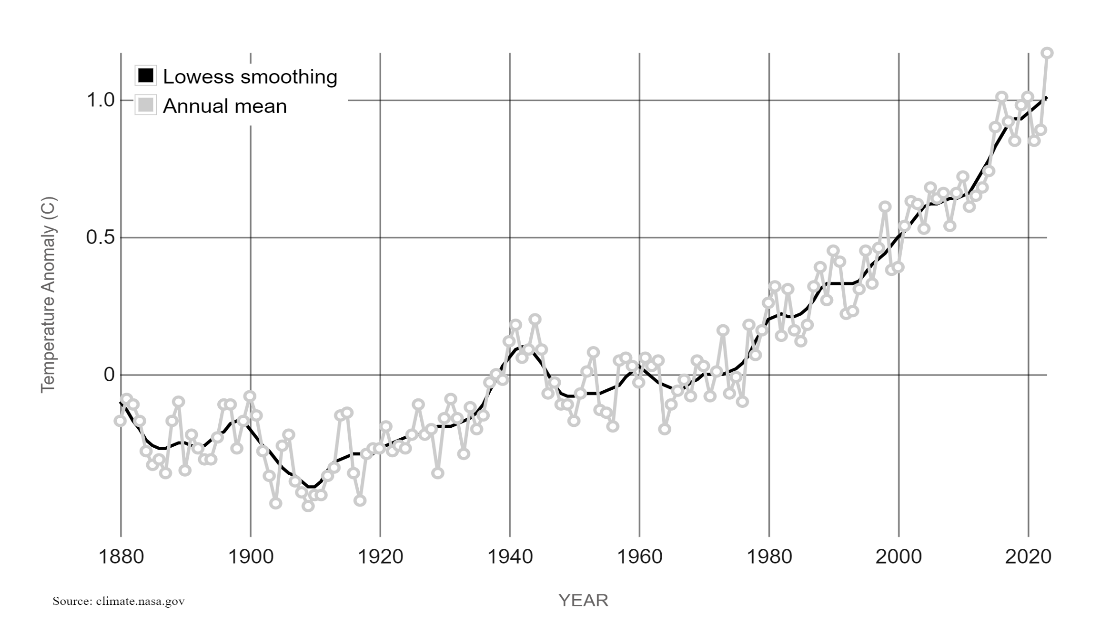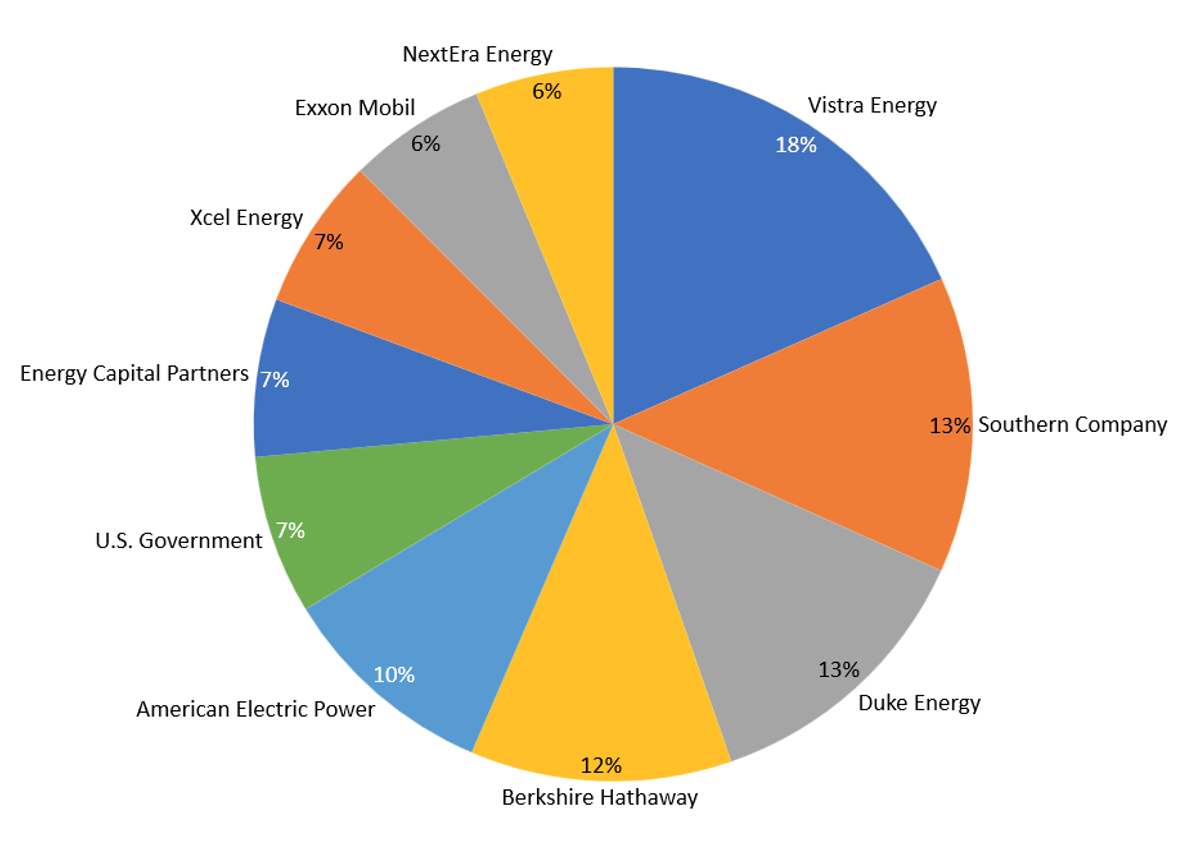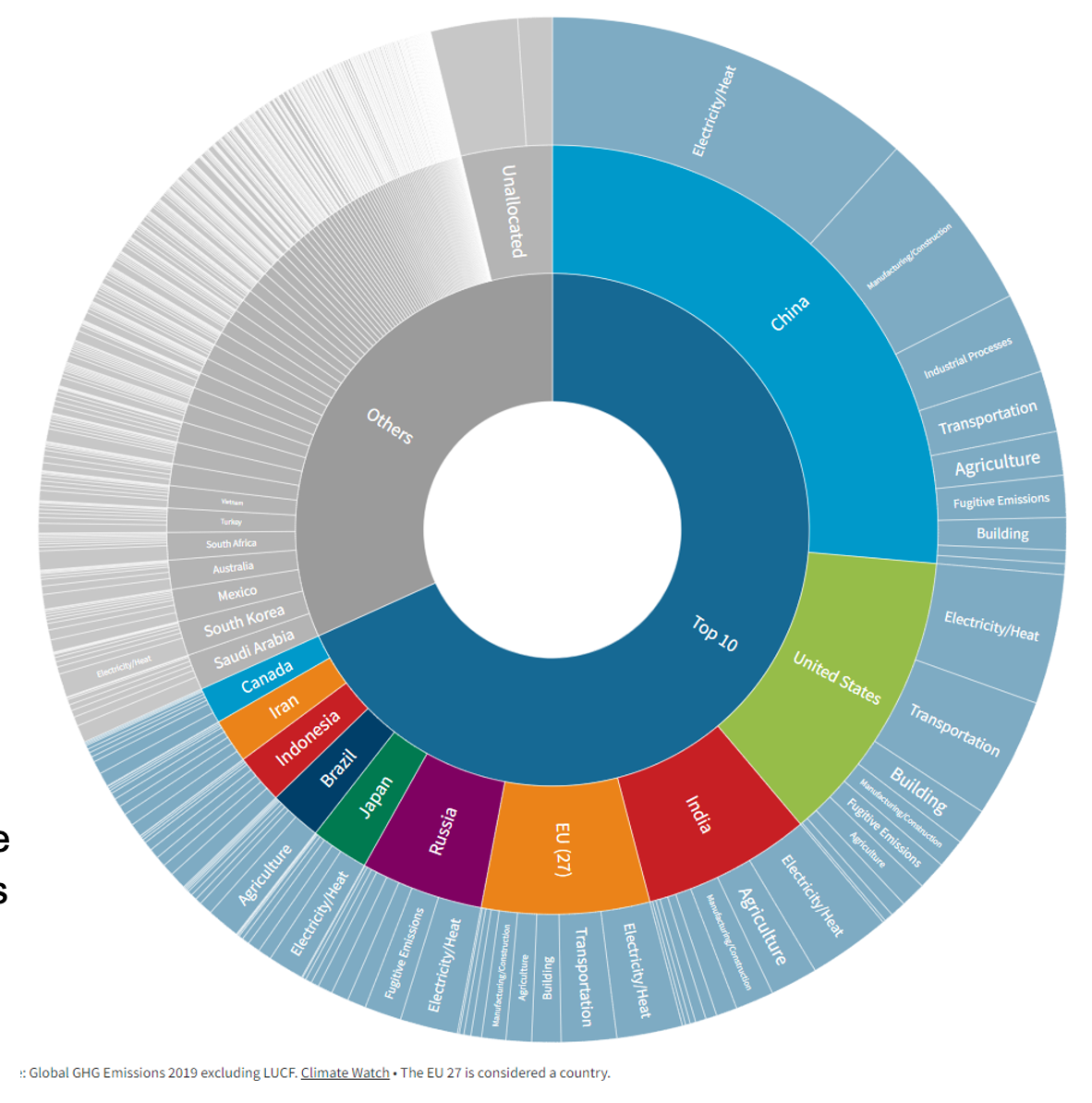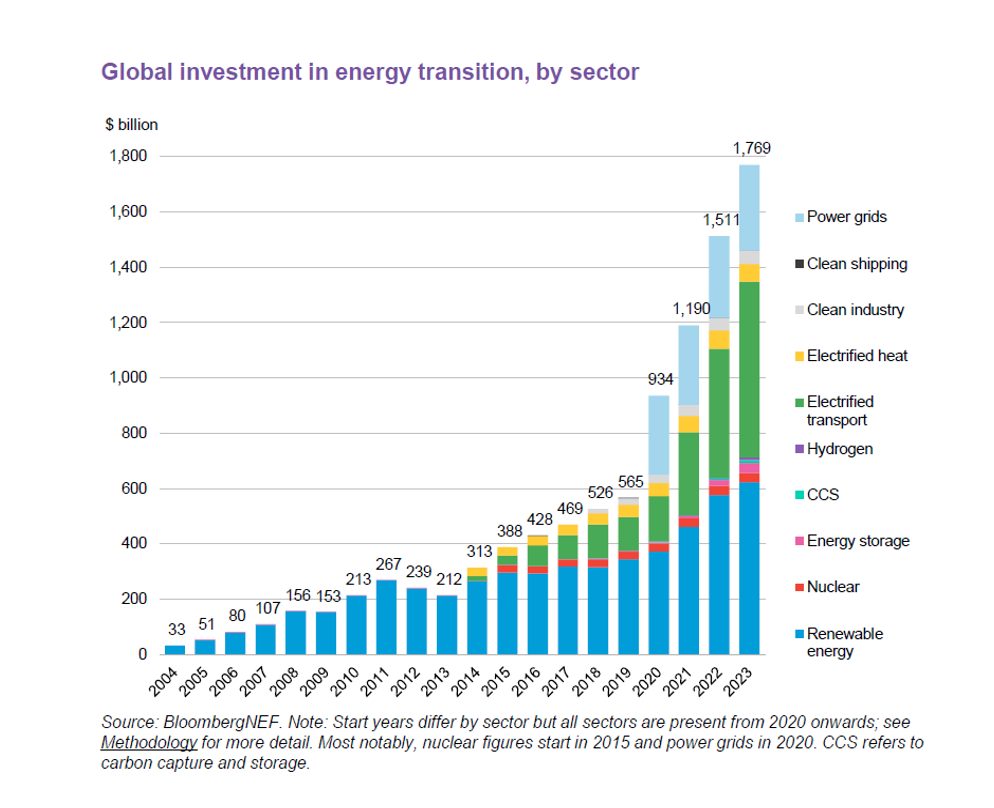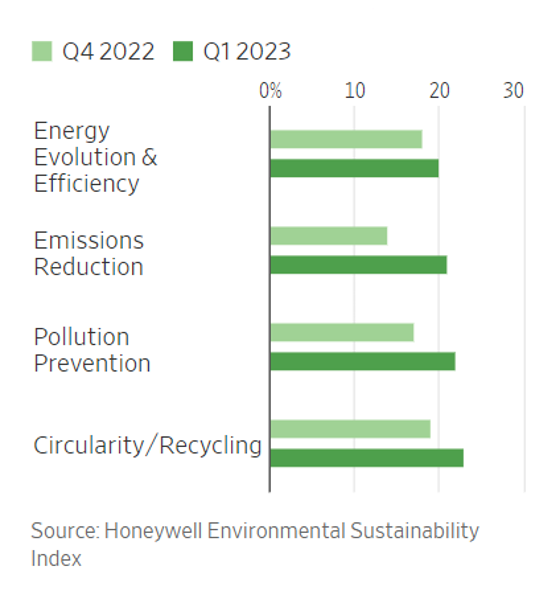
The world's leading nations and a number of corporations gathered at COP28 in Dubai, November 2023, faced with the daunting reality of 2023 being the hottest year on record (1.17° above average) (1), the discussions pivoted to not just acknowledging climate change but actively seeking solutions to address the dire implications of environmental tipping points. There is an urgent need for corporate environmental accountability to be front and center in solving the climate challenge while the leadings nations (those who are emitting the most CO2) should honor the commitment already made to fund annually $100B (2) to help emerging nations cope with the climate disaster looming for those countries. This is in sharp contrast to the military industrial complex that benefits from conflicts around the world and the leading nations (US and EU) competing to fund the conflict (e.g., on-going conflict in Ukraine and Gaza) while failing to bring peace (e.g., cease fire in Gaza) and adequately fund commitment already made for climate change.
The alarming acceleration of climate tipping points, such as the potential collapse of Atlantic currents or the drying of the Amazon, calls for an immediate and substantial response. It’s high time for large public companies to be held accountable like sovereign nations in terms of their carbon emissions, waste, and overall pollution. This new paradigm of corporate responsibility must encompass stringent regulatory frameworks, transparent reporting standards, and hefty penalties for non-compliance, akin to international treaties governing countries. Large energy companies such as Vistra Energy have high production exceeding 100 million tons of CO2. (3) Which is more than some countries annual emissions such as the Czech Republic or Belgium.
At the same time as an industrial sector, the top 10 such polluters generate upward of 550M tons of CO2 each year, comparable to what Canada emits as a country. (6)
While the push for reducing reliance on fossil fuels and halting construction of coal-burning power plants is pivotal, it’s crucial to highlight the disparity in financial commitments for war versus environmental preservation. Countries, capable of mobilizing vast resources for warfare, must reprioritize their budgets to focus on combating climate change. This juxtaposition underscores the need for a radical shift in global priorities, from geopolitical power play to safeguarding our planet.
In 2023 in USA, just 5.5% of the defense budget is allocated for all climate related budget to include clear energy projects and efforts to reduce greenhouse gas emissions and transition to a clean energy economy. However, in 2024, the President’s Budget includes a historic $210 billion for federal research and development (R&D), with significant portions dedicated to addressing the climate crisis and advancing clean energy technologies (24% of defense allocation). (4)
In the wake of discussions at COP28 about phasing out fossil fuels and the potential of carbon capture and storage technologies, there’s a clear trend towards technological optimism. However, the pace and scale of these solutions are currently inadequate to meet the urgency of environmental tipping points. An objective assessment of the feasibility, scalability, and ecological implications of these technologies is necessary. We must strive for a balance that encourages rapid innovation and realistic appraisal of technological solutions. The BloombergNEF Report noted a 17% increase in investment globally into clean energy for a record $1.8 Trillion in 2023 which is certainly encouraging. (7)
The disparate impact of climate change and the varied responsibilities in emissions make it clear that a nuanced approach is required. Large corporations, especially in the Global North, must shoulder their fair share of the burden, reflecting historical emissions and current capacities. This involves not just a shift in emission reduction strategies but also an increase in climate financing and technology transfer, supporting vulnerable nations and enforcing corporate responsibility on a global scale. Corporations are increasing their investment as well, vowing to increase their budgets in energy, efficiency, emissions reduction, pollution prevention, and circularity. (8)
Addressing the challenges highlighted at COP28 requires a diverse approach. Scaling up renewable energy, investing in green technology, and enhancing energy efficiency are critical. Developed countries should lead in emissions reduction and finance global climate adaptation efforts. International partnerships for technology transfer will facilitate transition in developing nations. Sustainable land use, ecosystem protection, and biodiversity promotion are essential to mitigate tipping points. Integrating local and indigenous knowledge with scientific research will create more resilient climate solutions. Collaborative, innovative, and equitable actions are the pathways to a sustainable and just future.
Endnotes:
1. Global Climate Change, NASA
3. Political Economy Research Institute, University of Massachusetts Amherst
4. Office of Management and Budget, The White House


